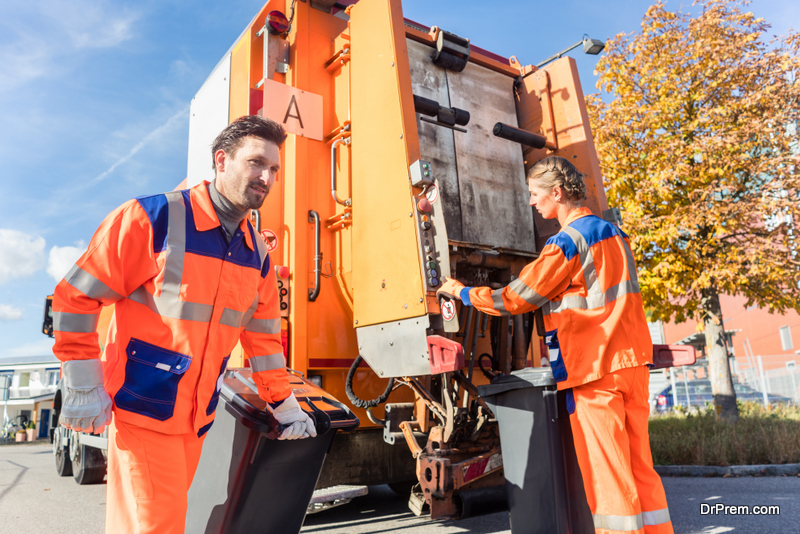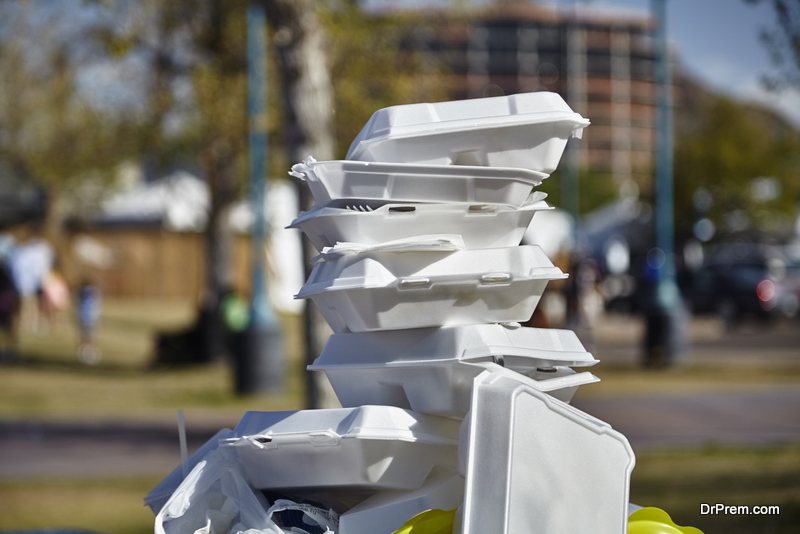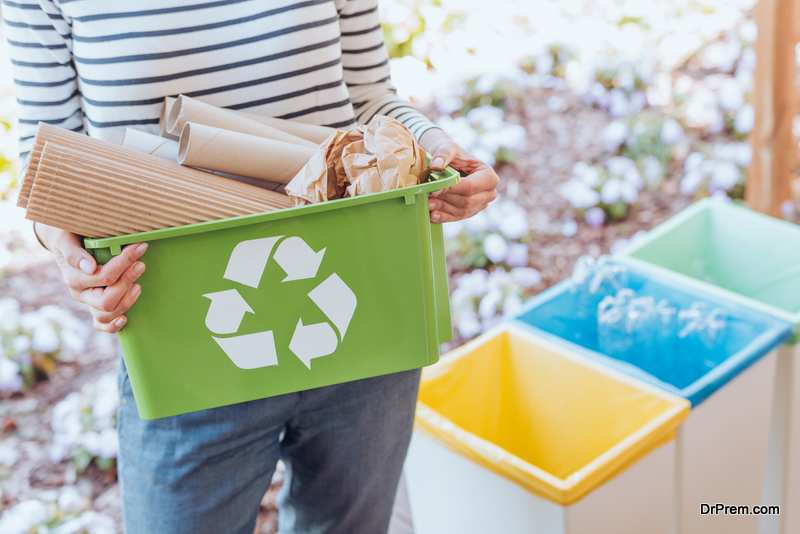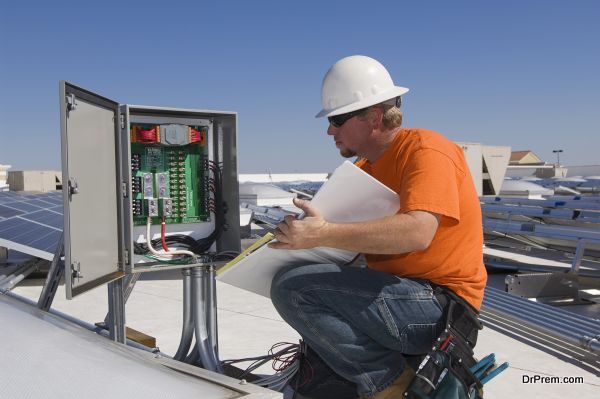Recycling is an important part of keeping the environment relatively safe from industrial and domestic waste. Plastics are among the prime concerns, but they are not the only ones. We have a few quick tips for our readers today, which should help in maximizing their curbside recycling efforts.
1. Choose the Recycling Service Provider Carefully
 Not all recycling service providers are equally dedicated, and some of them do not even have the facility or equipment to handle the job they are supposed to do. When that happens, everything you are trying to recycle will end up as landfill anyway.
Not all recycling service providers are equally dedicated, and some of them do not even have the facility or equipment to handle the job they are supposed to do. When that happens, everything you are trying to recycle will end up as landfill anyway.
Besides, your recycling service provider should be dedicated towards making their clients’ job easier. A good example is the single-stream recycling service developed by Waste Away Systems. Every recyclable item can be thrown inside their singular recycle bins, rather than having to sort through the garbage before depositing them in several separate bins every day. To know more about the single-stream recycling process they use, visit wasteawaysystems.com.
2. Familiarize Yourself with Common Recyclable Items
If more people knew what can be recycled, it would help the recycling facilities immensely. They can be much more effective with their own time and effort if less people threw unrecyclable items in the recycling bin. Check the list below to know what some of the common curbside, recyclable items are:
- All types of beverage bottles and food containers made from hard plastic or glass
- Any non-greasy paper-made item, which may include cardboard boxes, books & magazines, newspapers, paper mail, etc.
- Cans, glasses, containers and showpieces made from tin, aluminum, iron or steel (the list for recyclable metals could be broader, so check with your waste management company)
3. Get to Know the Common Unrecyclable Items
 Despite our best intentions, we often end up making mistakes which renders the overall recycling process less effective. So, do not throw the following items inside a recycling bin:
Despite our best intentions, we often end up making mistakes which renders the overall recycling process less effective. So, do not throw the following items inside a recycling bin:
- Bubble wrap, stretch wrap, shrink wrap and tapes made from malleable plastic polymers
- Thin film plastic carry bags
- Beverage cups (soda, coffee, beer, etc.),egg cartons, and other containers made from Styrofoam (EPS)
- Any paper-made item which is greasy/oily, such as food containers/holders, plates, pizza boxes, etc.
- Used toiletries like paper towels, tissue paper, tampons, sanitary pads and diapers
- Items made from ceramic such as broken toilet bowls, ceramic sinks and plates
- Used and/or broken light bulbs and tube lights
- Broken shards of glass
- Construction/demolition (C&D) debris of any kind
- Electronic products and home appliances (recycling might be possible, but not from the curbside)
- Any kind of chemical container (strong cleaners, acids, formaldehyde, etc.) or oil containers (motor oil)
- Scrap metal pieces
- Food waste
Note that organic waste (food waste) and electronic appliances can be recycled too, but that is a separate process altogether. You can take a few steps on your own to recycle food waste as well. Large scale organic waste recycling is generally a service provided by the city, state or council, although that may or may not be available at your location.
Article Submitted By Community Writer




